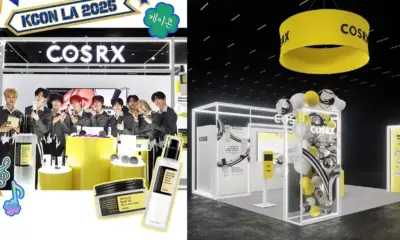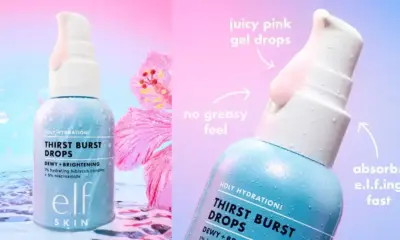Fragrances
U.S. Hair Care Market Projected to Grow Between 2024 and 2029

Understanding Hair Care Market Growth in the U.S.
The hair care market is poised for steady expansion, with growth driven by evolving consumer trends and innovative product offerings. The latest report from ResearchAndMarkets.com predicts a 1.06% compound annual growth rate (CAGR) between 2024 and 2029. This projected growth highlights the increasing demand for personalized and premium solutions.
Key Drivers of Market Growth
Shampoo Segment Dominance
The shampoo segment leads the hair care market, contributing over 35% of total sales. Consumers actively seek targeted products, such as anti-dandruff and volumizing shampoos, to address specific hair concerns. This strong demand continues to boost hair care market growth.
Gen Z’s Impact on Hair Care Trends
Gen Z consumers are driving innovation in the industry, contributing to a notable CAGR of 1.43%. Their preference for bold, expressive products that align with their lifestyles continues to reshape the market. As a result, brands are launching unique formulations tailored to this influential demographic.
Premium Hair Care Surge
Premium hair care products are gaining popularity as consumers prioritize salon-quality results at home. These high-end options focus on shine, strength, and moisture retention, attracting shoppers willing to invest in superior solutions.
Emerging Trends Shaping the Market
Personalized Solutions
Consumers increasingly demand customized hair care products that address their unique hair characteristics. Many brands now offer digital consultations that guide users toward the best products for their hair type, concerns, and goals.
Focus on Scalp Health
The rising interest in scalp care is fueling hair care market growth. Products like scalp serums, exfoliators, and treatments are gaining traction. These solutions promote healthier hair growth while addressing scalp concerns like dryness and itchiness.
Clean Formulations
Clean beauty continues to shape consumer choices. Brands are reformulating products to exclude sulfates, parabens, and harsh chemicals, offering gentler alternatives for improved scalp and hair health.
To stay updated on the latest industry trends, explore more news on this website.




















